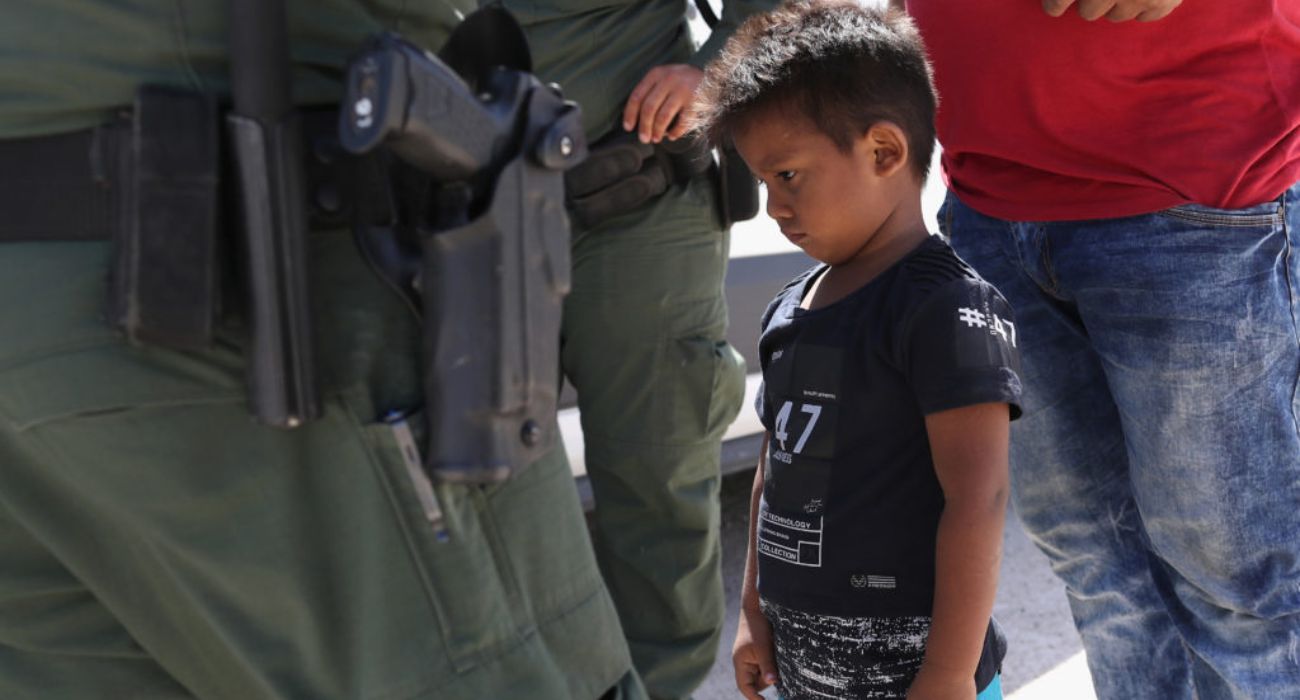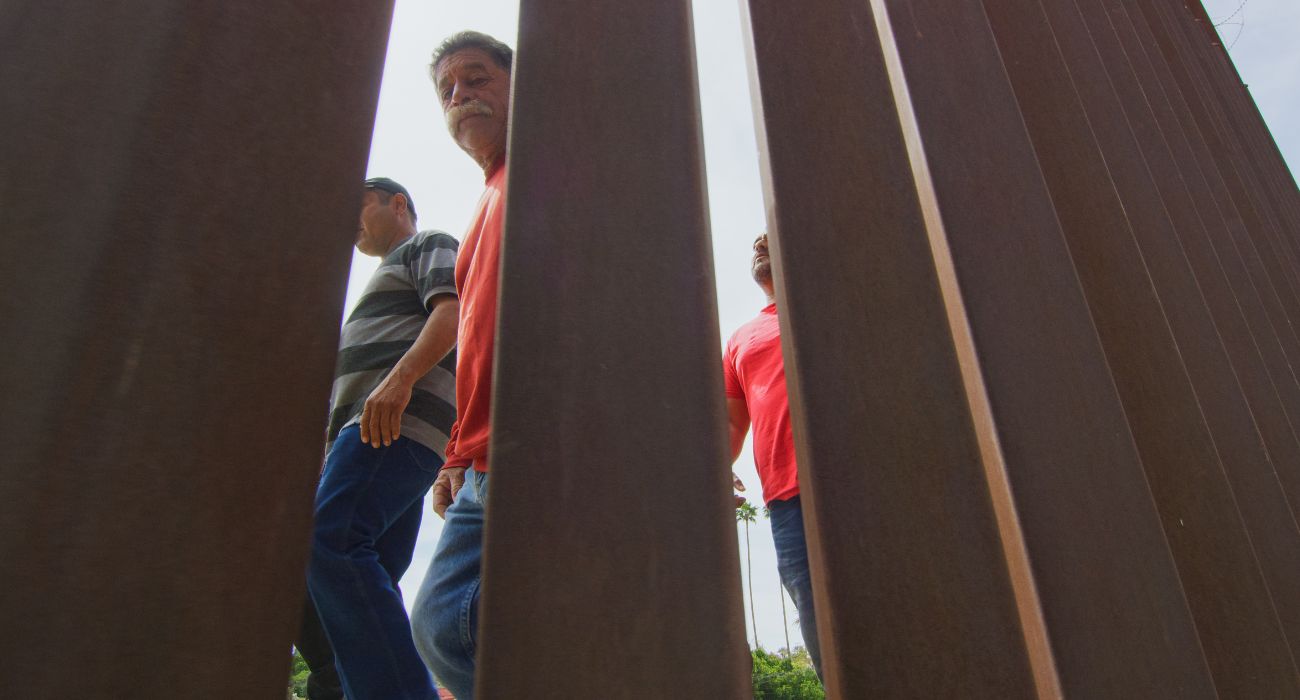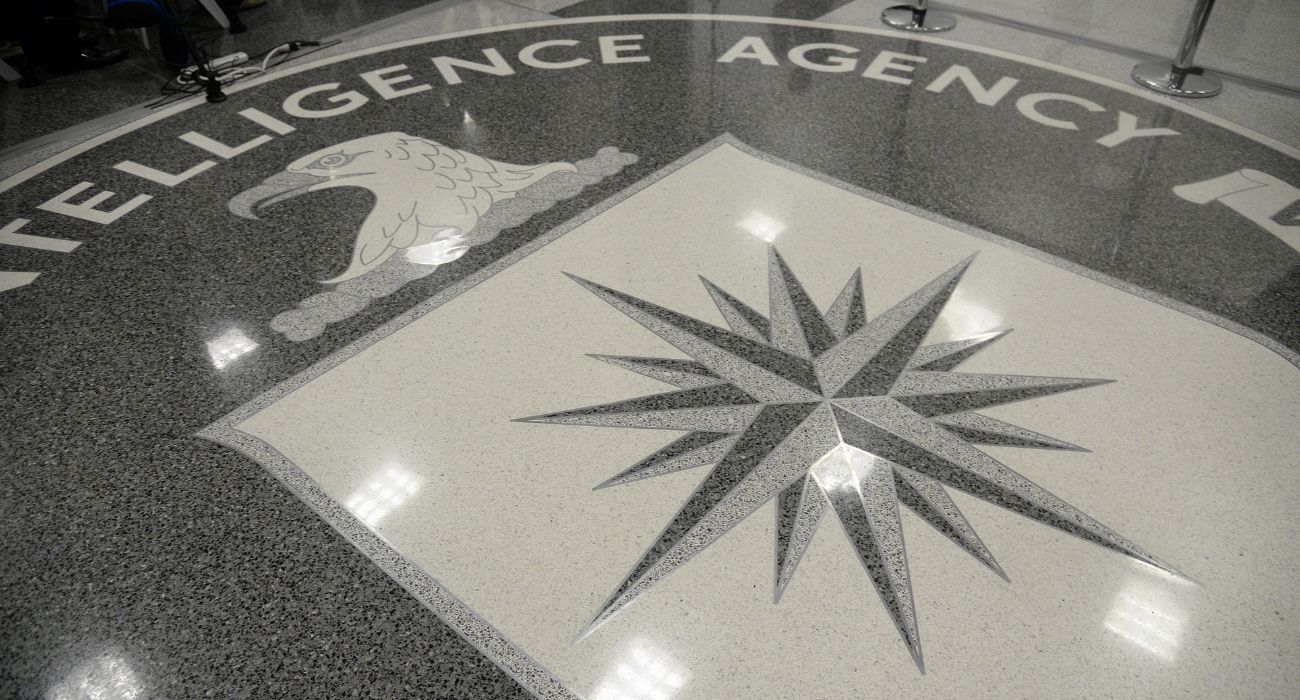A new federal contract to transport children from Office of Refugee Resettlement shelters to sponsors in the United States seemingly lacks substantial security measures to guarantee the children’s safety during the process.
A report by the Center for Immigration Studies (CIS) highlighted the lack of safeguards in the contract, which is costing taxpayers more than $404 million over a 12-month period.
Andrew Arthur, resident fellow in law and policy at CIS, explained in the report that the ORR has been in charge of rehoming any unaccompanied alien children (UAC) since shortly after the attacks on September 11, 2001.
The Trafficking Victims Protection Reauthorization Act of 2008 then determined that all UACs from “non-contiguous” countries, meaning countries other than Mexico and Canada, must be sent to ORR within 72 hours of being taken into custody, with the expectation that the majority will then be sent to sponsors in the United States, according to CIS.
However, Arthur wrote in the report that a new contract signed by the federal government lacks substantial safety screenings that would help guarantee the safety of the children once they are transported to the sponsors.
The ORR Unaccompanied Children Program Policy Guide states that whoever is tasked with caring for the child during transportation must check the “sponsor’s identification upon arrival by comparing it to the identification previously submitted by the sponsor.”
Arthur wrote that this requirement is not specifically mentioned in the new contract, despite seemingly less important aspects being clearly outlined.
It includes specific language regarding the number of bathroom breaks required during transportation and the requirement that snacks for the children meet “all cultural or special dietary needs.”
The contract states that the care provider can withhold the child from the sponsor if there are “concerns regarding the safety of the situation upon meeting the sponsor,” but the contract does not elaborate on what would constitute legitimate concerns.
“Again, that drop-off could be the last time the U.S. government or any of its agents has contact with that child, and yet there’s no guidance in the contract — or in the Guide, for what it’s worth — explaining what exactly “concerns regarding the safety of the situation” entail,” Arthur wrote.
“The contractor isn’t being asked to drop off groceries, or a load of bricks, or even cash. The escort is being asked to deliver a vulnerable human being. Should the escort err on the side of caution and risk the wrath of the sponsor and potentially ORR, or should nothing short of a burning residence or the presence of unchained alligators trigger return? No idea,” Arthur wrote.






